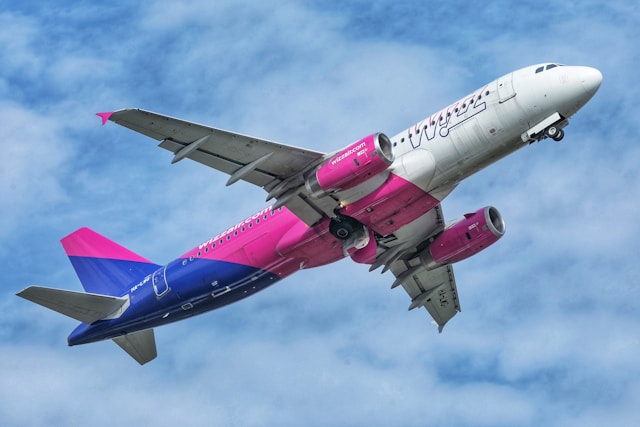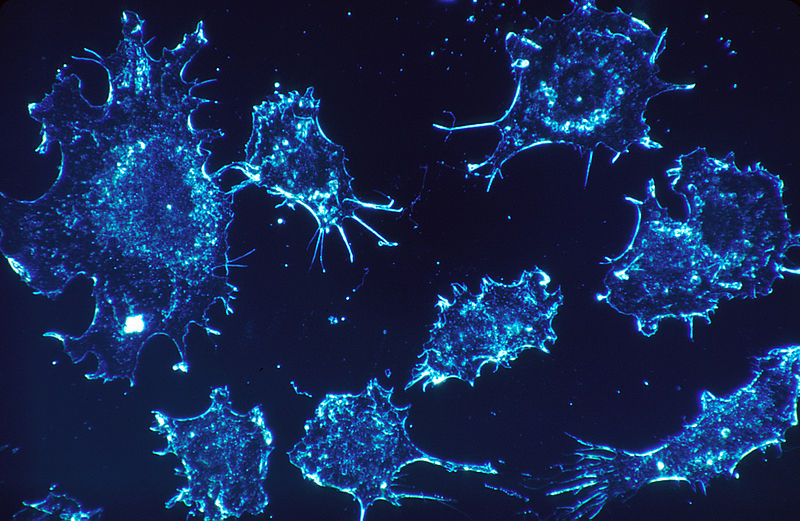The UK company Firefly Green Fuels will supply sustainable aviation fuel (SAF) to the Hungarian budget airline Wizz Air. This fuel will be made from human waste, and the company has plans for a refinery that will be completed by 2029, creating around 43,000 tonnes of SAF annually.
Therefore, the airline plans to power 10% of the flights with SAF by 2030. The agreement includes a delivery of up to 525,000 tonnes of SAF in a 15-year period from 2028. The airline has already supported the Firefly since 2023.
Yvonne Moynihan, corporate and ESG officer at Wizz Air, said: “Wizz Air celebrates two decades of transformation this year, transitioning from a small airline into a global leader of sustainable aviation and affordable travel. Alongside fleet renewal and operational efficiency, sustainable aviation fuel (SAF) plays a crucial role in reducing carbon emissions from aviation. Our investment in Firefly, which has the potential to reduce our lifecycle emissions by 100,000 tonnes CO2-eq per year, underscores our commitment to mainstream the use of SAF in our operations by 2030.
“However, achieving our aspiration requires a significant ramp-up of SAF production and deployment. Therefore, we call on policymakers to address barriers to SAF deployment at scale by incentivising production, providing price support, and embracing additional sustainable feedstocks for biofuel production.”
Wizz Air is also committed to reducing carbon emissions per passenger kilometer by 35% by 2030 and is adding new aircraft to its fleet that can fly with a 50% SAF blend in the fuel. On the other hand, Firefly’s SAF is expected to enable a 90% reduction in greenhouse gas emissions (GHG) in comparison to fossil jet fuel.
In the following decade, the EU mandates a minimum proportion of burned fuel of 20% SAF by 2035, while the UK is expected to announce a mandatory 10% by 2030.







